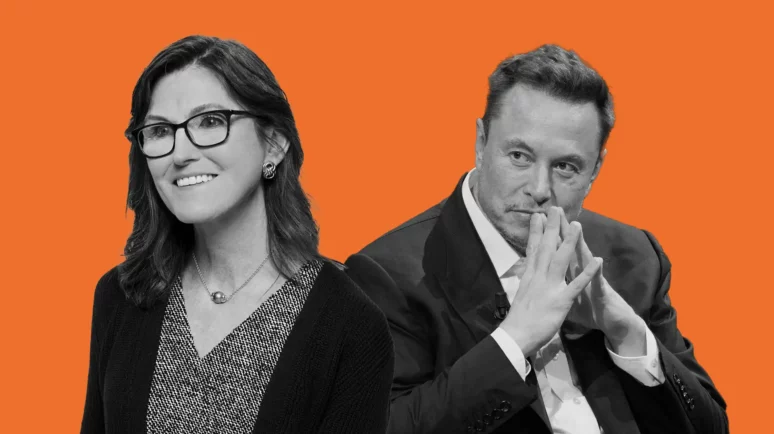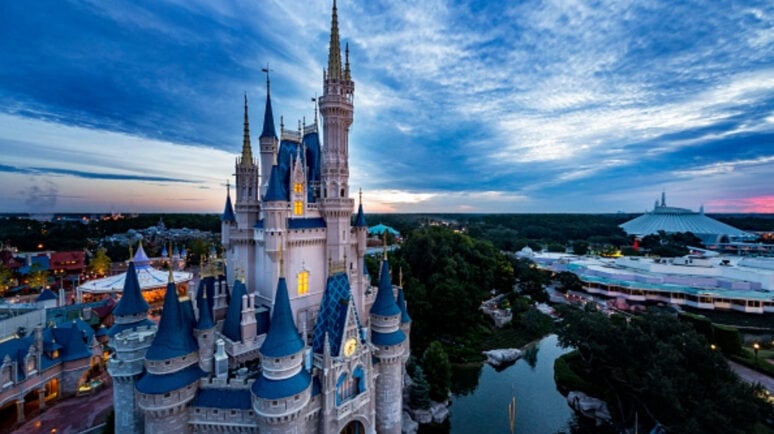Elon Musk Says “Don’t Make AI Lie” But Should Artificial Intelligence Be Politically Correct?

Elon Musk, co-founder of Tesla and SpaceX and owner of X Holdings Corp., speaks with Michael Milken, Chairman of the Milken Institute at the Milken Institute's Global Conference | Credit: Apu Gomes / Getty Images.
Key Takeaways
- Elon Musk says AI should not be taught to lie or say things that aren’t true.
- The implications of this statement are controversial, given recent events that have drawn attention to bias in generative AI.
- While the drive to ensure AI doesn’t lie is clear, the broader conversation about truth versus political correctness is complex.
At the 27th annual Milken Institute Global Conference, Elon Musk took the stage for a half-hour conversation with Michael Milken.
At no point did Musk mention Tesla, the world’s most valuable automaker, or its controversial waves of layoffs since mid-April. Instead, Musk focused on a spectrum of topics including colonizing Mars, stemming illegal immigration, free speech, declining birth rates, and most importantly, the pressing ethical implications surrounding Artificial Intelligence (AI).
A Civilization at Risk
The billionaire, who oversees six companies, revealed that what keeps him awake at night are “civilizational threats.”
“When a civilization has no external threat and is prosperous, then the birth rate plummets,” Musk warned, urging attendees to look at historical studies to recognize these patterns.
https://twitter.com/MarioNawfal/status/1787763172780241028
Drawing from his nightly routine of listening to historical podcasts, he emphasized how critical it is to learn from the past. Despite these concerns, he finds solace and joy in his children, who he said bring him the most joy.
The Threat and Promise of AI
Following his thoughts on global birthrate decline, Musk shared that the single most significant issue of our time is Artificial Intelligence. He has consistently sounded the alarm on this front, believing that AI could either propel humanity into a new golden age or potentially lead to its downfall.
“Eventually, the percentage of intelligence that is biological will be 1%,”. Musk said, adding, “AI should not be taught to lie or say things that aren’t true.”
As AI systems increasingly form part of our daily lives, Musk’s directive is far more complex than good or bad. The question of whether AI should be politically correct carries with it ideological implications that will make standardization and regulation of this technology more difficult.
The Politics of AI Truthfulness
In his talk, Musk spoke about AI as a “truth-seeking and curious” force that could “help foster civilization.” He implied that AI’s influence will become overwhelmingly dominant.
But the fact of the matter is, truth is rarely truly objective. What we perceive to be truth is often a reflection of societal norms, biases, and political correctness.
Musk’s statement to avoid making AI lie seems like a thinly veiled criticism of OpenAI and Google, whose algorithms sometimes prioritize political correctness over absolute truth to avoid controversy or discrimination.
Navigating Ethical Dillemas
Balancing free speech ideals with the need to prevent AI from disseminating harmful misinformation or hate speech is challenging. A commitment to truth might inadvertently empower offensive behavior or polarize society.
Take language models, which are often programmed to avoid offensive terms or controversial statements. This might lead to withholding certain truths or providing sanitized responses that align with societal expectations rather than unfiltered reality. Musk’s perspective raises a fundamental question: Can or should AI be politically correct while also being truthful?
There is no easy answer to this, but this is a question that needs to balance decision-making autonomy with ethical responsibility.
Unfortunately, given the rapid proliferation of AI technology, there isn’t a great deal of time to weigh this up. As policymakers rush to implement AI legislation, and AI companies such as OpenAI are having to carefully consider the ethical frameworks that will shape AI’s evolution.
As Musk views it, “the biggest thing that keeps me awake at night is ‘civilizational threats,'” and in his vision, ensuring AI remains truthful and curious is essential to averting them.


